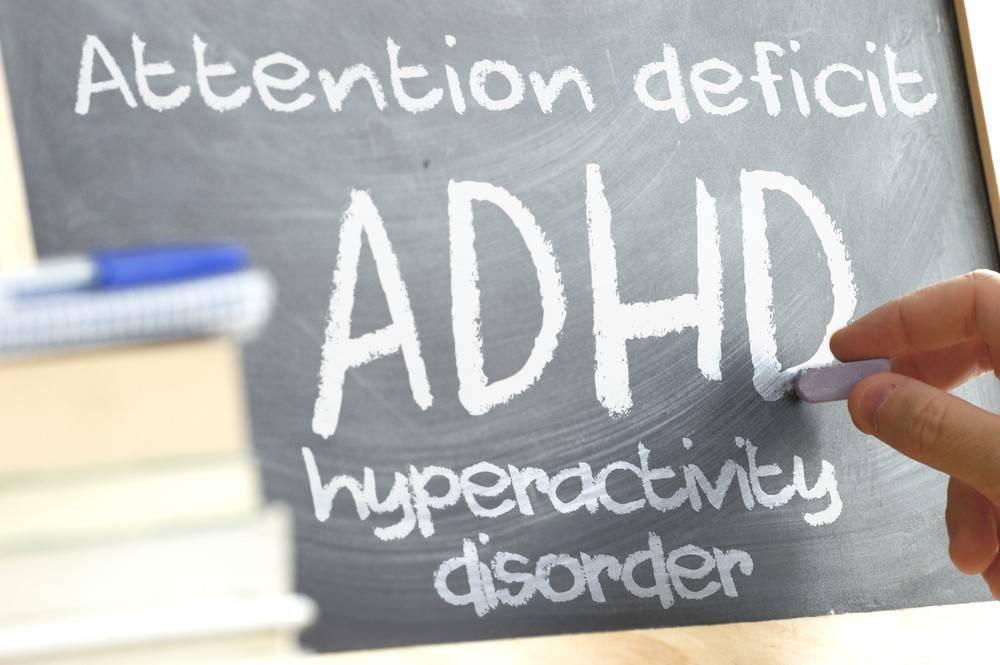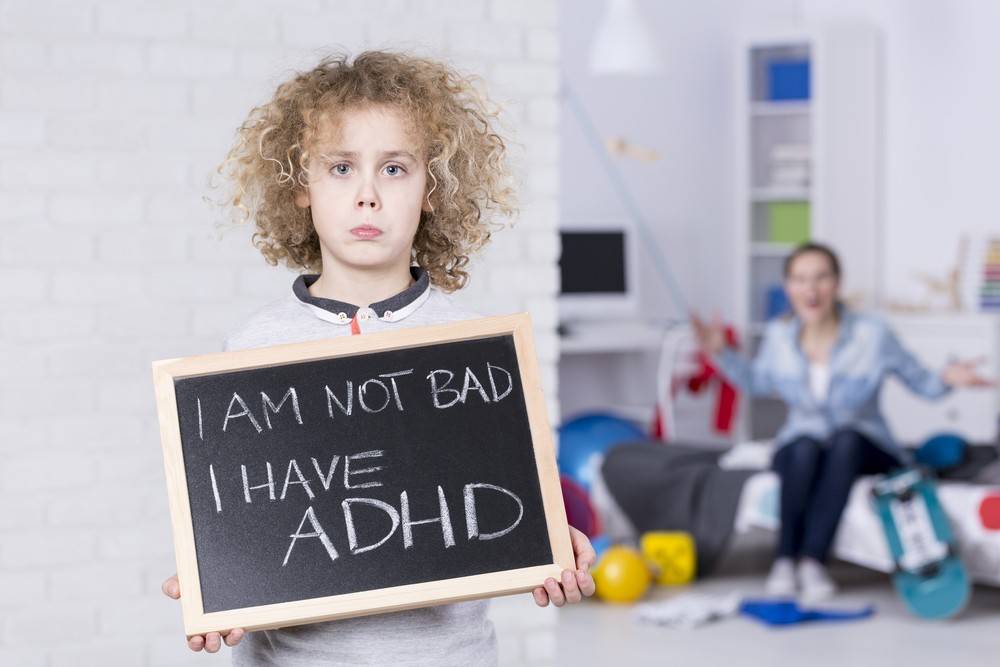Attention Deficit Hyperactivity Disorder (ADHD) is a neuropsychiatric condition that begins in childhood, affecting about three to five percent of children in the United States, of which 30-70 percent will carry symptoms into adulthood.
The development of ADHD is characterized by impulsivity, procrastination, distractibility, excessive forgetfulness and hyperactivity. Understandably, these characteristics pose difficult for young children as they work through a school system that requires attention, focus and steadiness to get through most days in their adolescent and teenage years.
As more people look to alternative healing methods and natural ways to combat the symptoms of ADHD which negatively impact childhood success, research has delved into the causes of ADHD in the brain in hopes of finding approaches to easing the strain of symptoms on children without medications intervention.
What causes ADHD in the brain?
While the ADHD diagnosis is far-reaching, its genesis and quality are still riddled with unknowns. The research available and conducted so far points to a physical difference in the brain structure and nervous system; meaning, children with ADHD have brains structured differently from children without ADHD.
Children with ADHD experience a different pattern of neural communication, especially in messages involving serotonin, norepinephrine and dopamine. These neurotransmitters do not work the same in the brain of a child with ADHD, resulting in lower levels of chemicals needed to sustain a healthy life within our current societal constructs.
It is important to note that a differently operating brain is not necessarily reflective of the disorder. In some cases, simple changes can be made in the environment or habits to reduce the undesirable symptoms of ADHD.
Are all cases of ADHD the same?
The brain’s composition and communication vary from patient to patient, so not every case of ADHD matches. Attentive Deficit Hyperactivity Disorder is broken down into three types, characterized by the varying type and number of symptoms a patient displays.
Do other factors affect ADHD?
Environmental and dietary factors are suspected of influencing the development of ADHD. Environmental influences include the mother’s smoking during pregnancy and high lead levels, while dietary factors are focused on inadequate nutrition in early development stages.
Does self-blame cause ADHD?
Norepinephrine and dopamine are linked to reward processing in the brain, which has led researchers to study the correlations between reward processing, self-blame and ADHD. One such suggested cause is disruption in the family and conflict with marital status, as more children not living with both biological parents have presented symptoms of ADHD than those living with both parents.
For children with a genetic disposition to ADHD, adding an environmental factor (divorce) that induced self-blame showed to increased the likelihood of developing ADHD symptoms, including hyperactivity and impulsiveness.
How can chiropractic care help ADHD?
Chiropractic care is focused on a holistic approach to remedying disruption in the central nervous system, which is housed within the spine. Founded on the premise that all symptoms and functions of the body and interconnected, spinal adjustments and chiropractic considerations including dietary and lifestyle recommendations can be illuminating in your child’s life with ADHD.
FIX24 is one of the few joint chiropractic office in the Phoenix Metropolitan area that focuses on remedying the body through the fundamentals of mechanical engineering. Our FIX24 team utilizes the basic of mechanical engineering to apply solutions to the body’s physiology and biomechanics. To learn more about our breakthrough approach and methodology, schedule an appointment for consultation with us, today.




